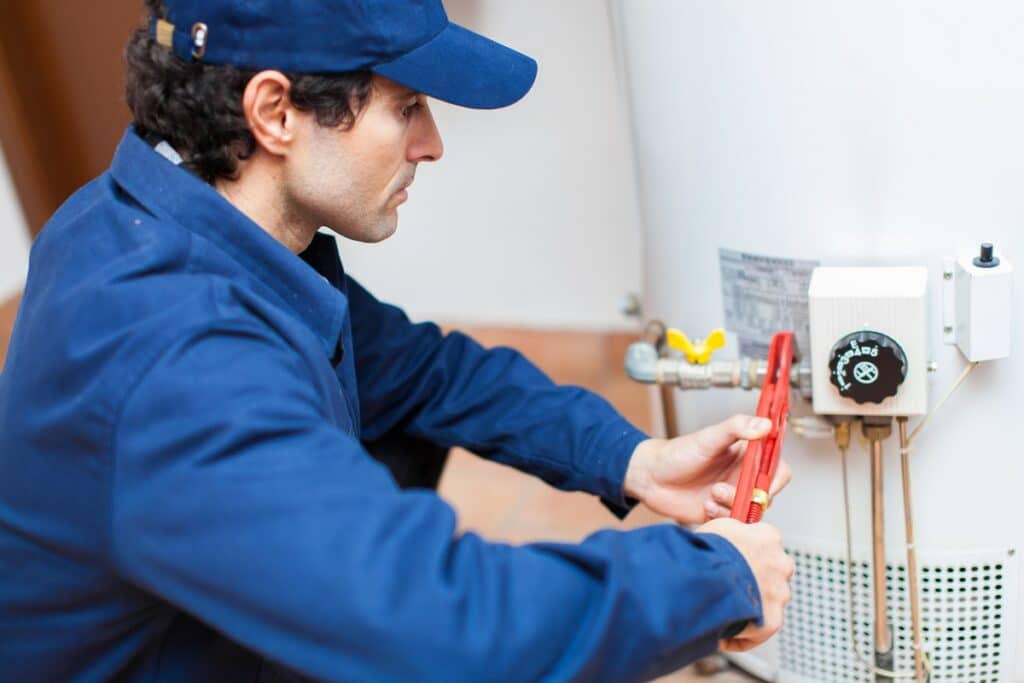A water heater is an integral part of modern living because it is vital for bathing, laundry, and cleaning. Regular maintenance can help prevent costly repairs. It can also extend the equipment’s life span and make certain that you always have a steady stream of hot water. Here are some simple tips to keep your water heater running strong.
Flushing Away Sediment
Over time, sediment can build up at the bottom of your water heater tank. This sediment buildup can reduce the efficiency of the heater and lead to problems such as lukewarm water or even premature breakdowns.
Flushing the tank is not a task that most homeowners do for themselves because it can be dangerous. One wrong move, and you can seriously injure yourself or destroy your property. When a plumber flushes your water heater, they will turn off the water supply to the system and shut off the gas or electrical power (depending on your model). Then, they will let the water cool down completely before proceeding.
After that, the plumber will connect a garden hose to the drain valve at the bottom of the tank and run the other end of the hose to a drain or outside. They will then slowly open the drain valve. Once the pressure releases, sediment-laden water should flow out.
The plumber will keep the valve open until the water runs clear, which indicates most of the sediment has been flushed out. Then, they will close the drain valve and turn the water supply back on.
Checking the Thermostat
The thermostat in your water heater controls the water temperature. A faulty thermostat can lead to water that is either too hot or not hot enough. There are some actions you can take to make sure it functions well, and you should also have a plumber inspect it periodically.
Set your water heater to the correct temperature. It is usually somewhere between 120 and 140 degrees Fahrenheit (49 to 60 degrees Celsius). Most water heater thermostats have a knob you can adjust to set the desired temperature. Turn the knob slowly and carefully to avoid overshooting the target temperature.
Check for Leaks
Check around your water heater for leaks. If you see water leaking from the pressure relief valve or see water pooling around the base of the tank on the floor, call for help immediately.
Have a Plumber Check the Anode Rod
Most water heaters have a component called an anode rod. This rod attracts corrosion away from the tank itself to protect it from rust and leaks. Anode rods typically need to be replaced every 3 to 5 years. If the anode rod is significantly corroded or has worn down to a small nub, it is definitely time for a replacement.
You should also schedule yearly maintenance and inspections with a plumber. If you have not scheduled a water heater maintenance and inspection in the past year, call G. I. Plumbing in Bethel Park, PA.
